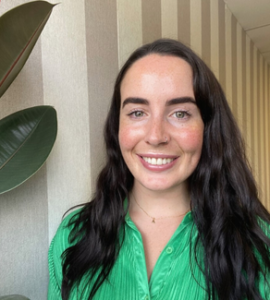How to Identify a healthy relationship (a cheat sheet guide)
Identifying healthy and unhealthy relationships:
Including but not limited to-
- Healthy: equitable, physically safe, respectful, open communication, intimacy, independence, and humour/ fun.
- Unhealthy: Hostile, intimidating, physical/sexual abuse, disrespect, dishonest, power imbalance, inequities (including gender), control and dependence.
Communication/ Respect:
- The ability to respect your partner, their family and friends is important.
- Building communication skills with your partner is important including de-escalation, boundaries and respectful problem solving.
- Navigating difficult conversations and understanding safe/healthy conflict resolution and de-escalation is vital in a relationship.
Family dynamics:
- Recognize conflict and misunderstandings as something that can happen within relationships. Important to highlight that resolutions should be sought through communication, not physical or verbal violence.
- Conflict resolution and learnt behavior discussions around what constitutes healthy dynamics.
Red flags in relationships:
- Power imbalance or controlling behaviors – financial, social, or physical violence.
- Sexual coercion (see below for defining consent)
- Gaslighting or feeling that your partner never validates your feelings/needs.
- Pressure or other controlling tactics.
- Jealousy- extremes and misinformed/untrue accusations.
- Self-esteem or other “put downs”
- Threats or general reduction of safety.
The Importance of Consent in Relationships
- Bodily rights and autonomy of choice to who, when and where your body is touched. Consent is very important in a relationship / marriage and being in a relationship does not insinuate ongoing consent.
Enthusiastic consent:
- Consent should be specific, enthusiastic, informed, reversible, and freely given.
- Verbal and non-verbal cues, learn to identify them in your partner.
- Ongoing consent is important in a relationship. During sexual play, checking in such as “is this okay”.
- Consent is more than “no means no”
Author: Abbey Sawyer Sexologist, MAAPi, PostGradDipPsych, BPsychSci, BCrim.
Abbey is a Sexologist who is near completion of her Master of Science in Medicine degree, specialising in psychosexual therapy. Abbey is passionate about the interlink between psychological health and sexuality, and enjoys supporting people of all ages, genders, and cultural backgrounds to enrich their sexual lives and improve their mental health.
To make an appointment try Online Booking. Alternatively, you can call Vision Psychology Wishart on (07) 3088 5422
